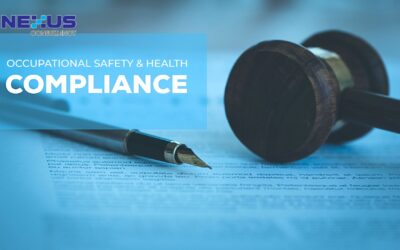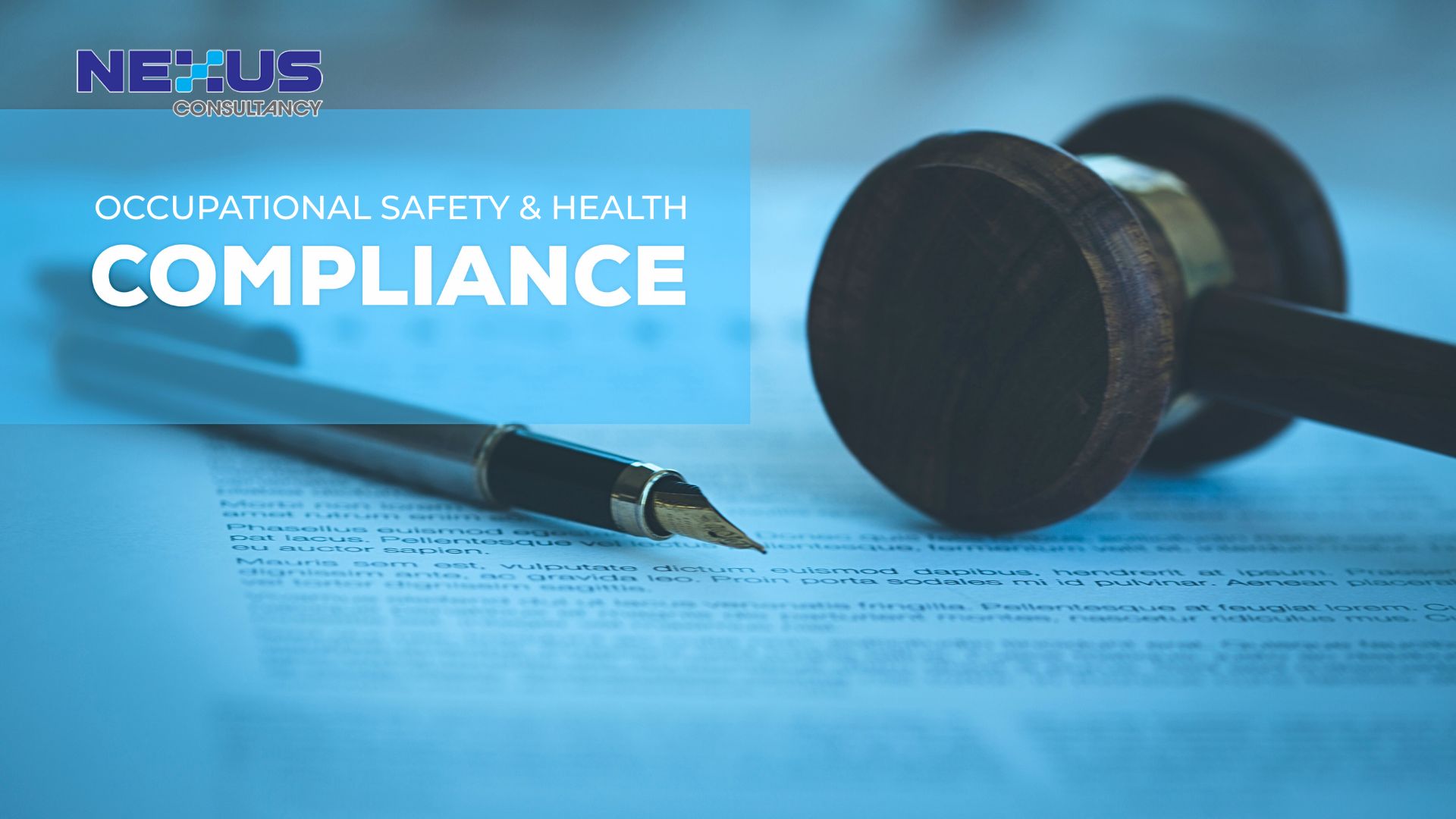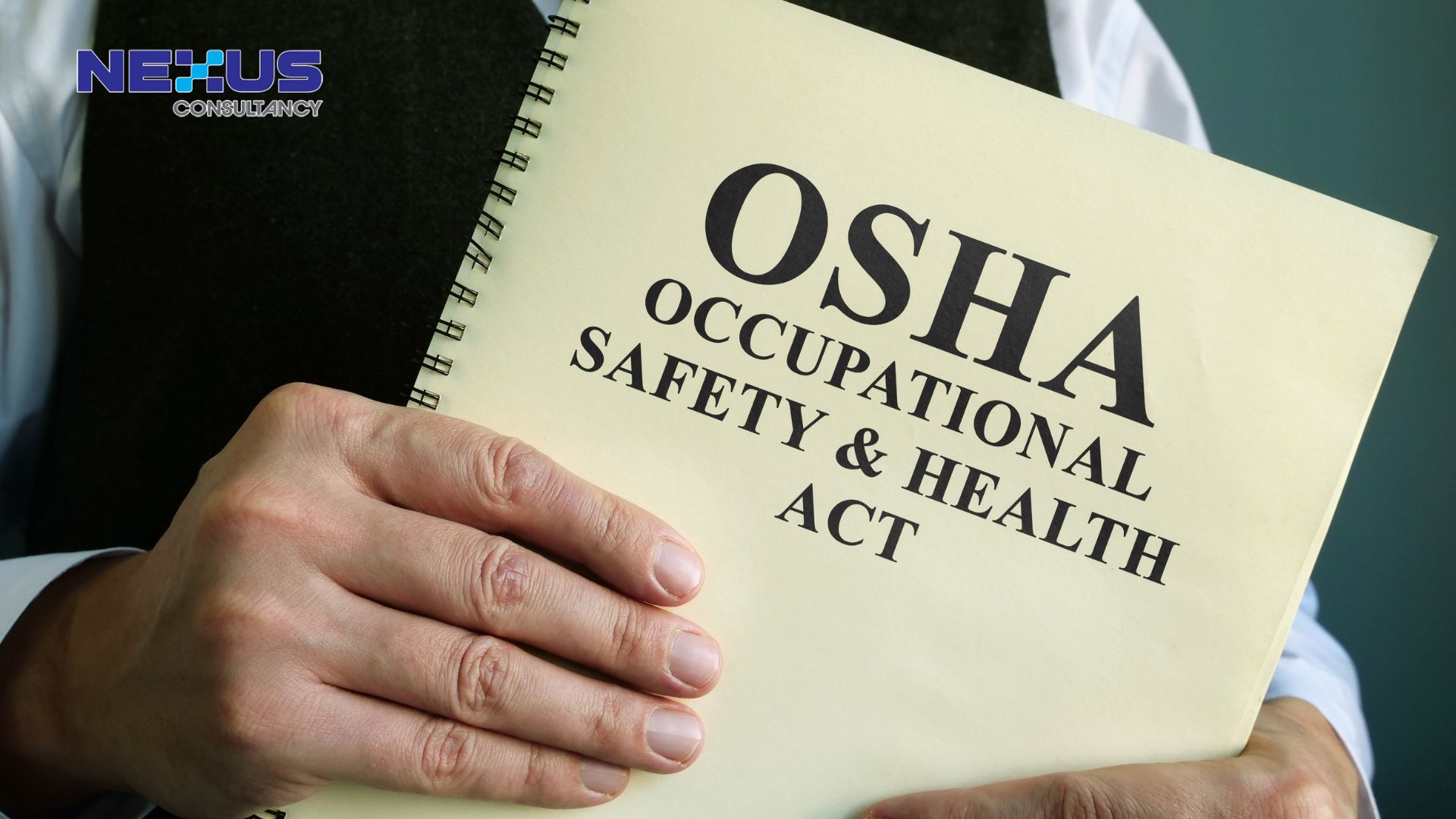
Darren Tang
Director
It is essential that there should be no discrimination at the workplace, in terms of hiring, pay, access to training, promotion, termination or retirement based on race, ethnic and national origin, religion, age, disability, gender, marital status, sexual orientation, diseases, social background, union membership or political affiliation.
– 3 mins read
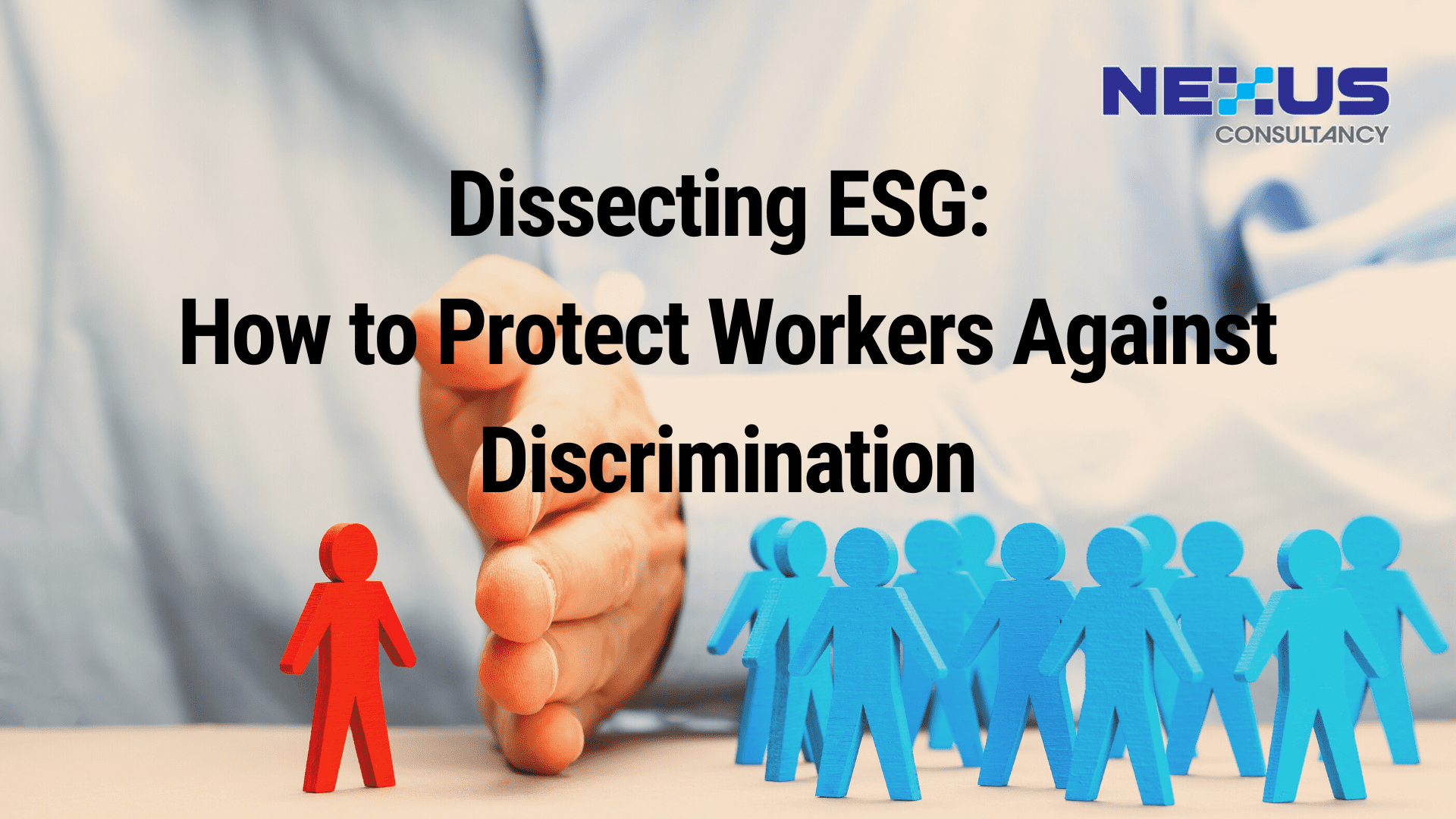
In the subset of social criteria in Environmental, Social and Governance (ESG), organizations should protect their workers against discrimination. Discrimination at the workplace would mean having unfair treatment and being selective to certain worker or group of workers, depriving these workers of equal rights. It may be caused by the management, superiors or by other workers. Examples of discrimination would include workers being denied certain roles or jobs or positions, being paid lower compared with peers of similar skills and experience, being refused promotion, being denied the use of facilities and so on.
It is essential that there should be no discrimination at the workplace, in terms of hiring, pay, access to training, promotion, termination or retirement based on race, ethnic and national origin, religion, age, disability, gender, marital status, sexual orientation, diseases, social background, union membership or political affiliation.
Now that you know what discrimination is, let’s understand how you can you protect your workers and prevent discrimination at the workplace, to create an equal and healthy workplace.
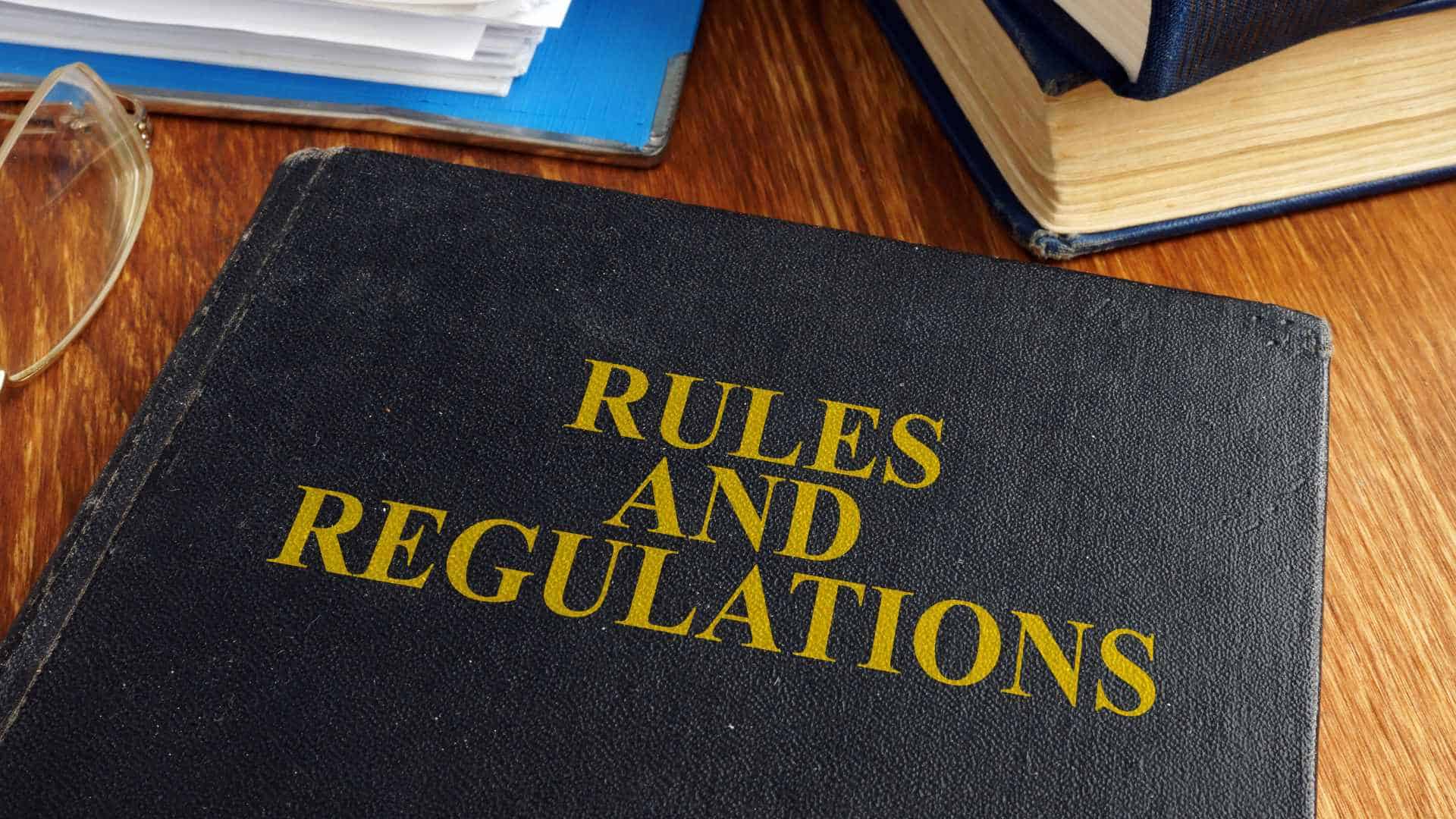
1. Develop anti-discrimination policies that defines the rules and procedures
Establish a set of anti-discrimination policies applicable to your organisation, explaining what is discrimination, what are the examples and behaviours of discrimination. It is important to highlight workers’ rights at the workplace. The policies should clearly state that your organisation have zero tolerance for any form of discrimination or harassment, and state the disciplinary measures that would be taken should anyone found to have committed an act of discrimination upon investigation.

2. Educate workers about discrimination
Educate workers by conducting anti-discriminatory trainings on a regular basis. It is important that workers are aware of the potential discriminations that could occur at the workplace, the policies and procedures and how to report any related issue that may occur. All workers, supervisors, managers should also be well informed on the disciplinary measures that would be taken if someone is found guilty of it.

3. Establish a proper procedure for investigation and taking action
Any worker who feels that they have been discriminated against should be able to comfortably and safely report to their superior, manager, Human Resource or top management (an impartial reporting mechanism should be established). Workers should be encouraged to come forward to report and to participate in the investigation, while assuring that they would be protected and information would be kept confidential. Proper investigation process shall be carried out in a fair manner, to resolve the issue and to take disciplinary measures where required.
Creating a workplace free of discrimination is very important, as workers should feel safe coming to work every day. A safe and healthy workplace will improve workers’ motivation and productivity. Cultivate a culture that protects workers and prevent discrimination by developing suitable policies and procedures, educate workers on discrimination and handle any discrimination issue confidentially and carefully.
Feel free to contact us to learn more about ESG
More Article
Empowering Employees through ESG: The Role of Training and Awareness
Chief Operating OfficerEmpower your team with ESG training. ISO-aligned, practical, and impactful for SMEs in Malaysia.As businesses around the world embrace Environmental, Social, and Governance (ESG) principles, a common mistake is treating ESG solely as a boardroom...
ESG for SMEs: Simple Steps to Get Started (Even with a Small Team)
Chief Operating OfficerSimple ESG tips for SMEs. Begin your journey with support from trusted ESG consultants in Malaysia.In today’s business environment, Environmental, Social, and Governance (ESG) practices are no longer just for large corporations. Small and...
What Is Food Safety Culture and Why It Matters More Than Ever
Chief Operating OfficerLearn why food safety culture is a must-have for compliance, brand trust, and growth—backed by ISO consultants in Malaysia.In today’s competitive and tightly regulated food manufacturing landscape, compliance alone is no longer enough. To...
Why Proactive OSH Legal Compliance Is Good for Business Reputation
Chief Operating OfficerWorried about Malaysia’s OSH Act penalties or workplace audit readiness? Discover how proactive OSH compliance builds trust, reduces fines, and supports ESG goals.In today’s competitive market, companies are judged not just by their products or...



